Features
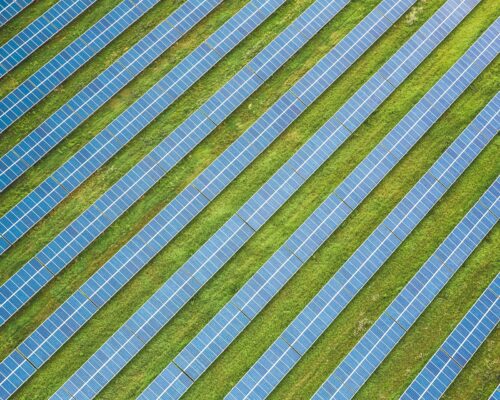
Tripling Renewable Energy Capacity Is Possible, But 2023 Didn’t Help
Despite the record clean energy capacity additions in 2023, leading agencies and market analysts warn that the world is falling short of the trajectory required for a 1.5°C-aligned scenario. Can the G7 and G20 take action to help us change course?
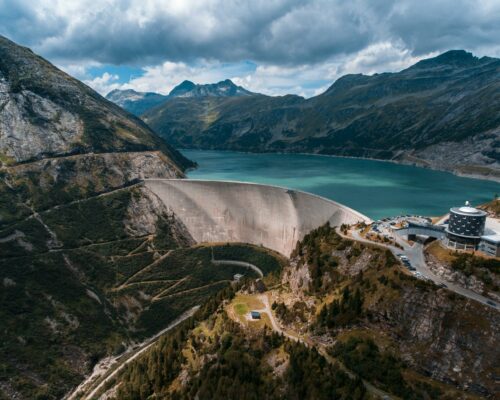
Hydropower Reliance Is Risky for Asia
Scientists and experts warn that hydropower over-reliance can expose Asian countries to economic, environmental, social and energy security risks. However, hydropower can unlock various gains in a solar and wind-led energy transition.
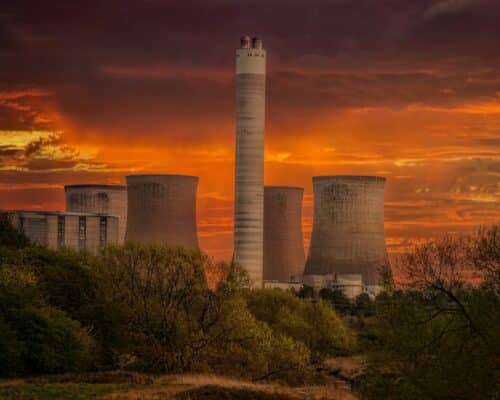
Japanese Banks Pour Billions Into Fossil Fuel Industry
Analysts warn that the continued fossil fuel support from the Japanese financial industry, showcased by the actions of various banks, insurance companies, asset owners and asset managers, is enabled by loose policies or loopholes. Fixing them is critical for addressing the climate crisis.
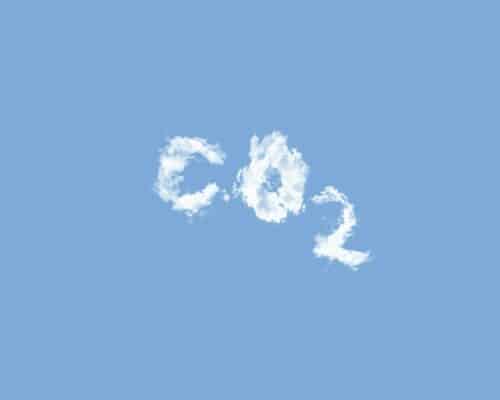
Carbon Capture vs Renewable Energy
The economic and decarbonisation deficiencies, combined with the health and environmental risks, cement CCUS's role as a complementary technology, mainly in hard-to-abate sectors, not a wildcard to perpetuate fossil fuel use.
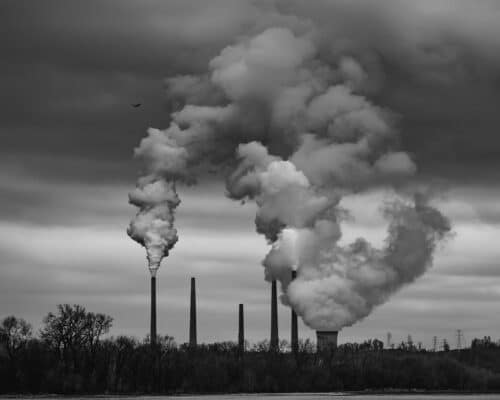
The Environmental and Climate Impacts of False Solutions on Japan
Japan is the leading proponent of the mass adoption of ammonia co-firing and CCS technologies for power generation domestically and across Asia. However, scientists warn that such steps will not only fail to reduce emissions but could also result in adverse impacts, including air pollution, water contamination and ecosystem degradation.
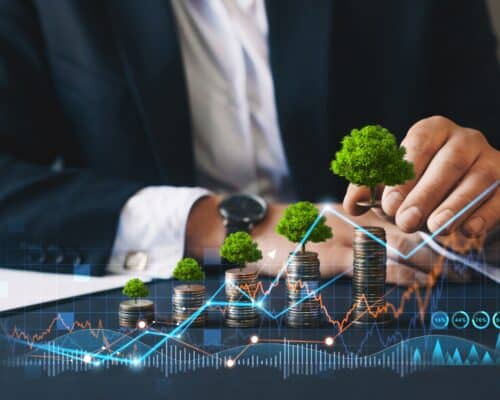
Energy Economics Show Renewable Energy Generation Is Less Capex Intensive Than Fossil Fuels
Renewable energy for the power sector keeps getting cheaper to build and operate. However, much of the Asia-Pacific region is still building out natural gas infrastructure. The region needs to pivot if it wants to reach its net-zero goals.

South Korea’s Energy Mix: Prominent Role of Fossil Fuels
The IEEFA warns that South Korea’s misplaced faith in fossil fuels could create a vicious cycle of spiralling energy costs, derailed decarbonisation progress and loss of opportunities as investors back the transition to renewable energy.

Indian Elections 2024: Climate Change Should Take the Spotlight
India has established itself as a leader in the region's clean energy transition. Still, the country's political parties now have to prioritise tackling climate change and taming its worst impacts – a problem scientists expect will worsen.
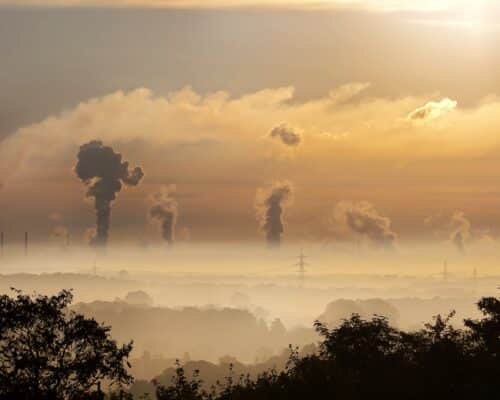
Ammonia-Coal Co-firing Plans Risk Worsening the Air Quality Problem in India and Pakistan
Experts describe technologies like CCS and hydrogen-ammonia co-firing as false solutions to climate change since they will perpetuate the use of fossil fuels. However, scientific evidence indicates that they also pose air pollution and health risks – problems India and Pakistan already have to deal with.
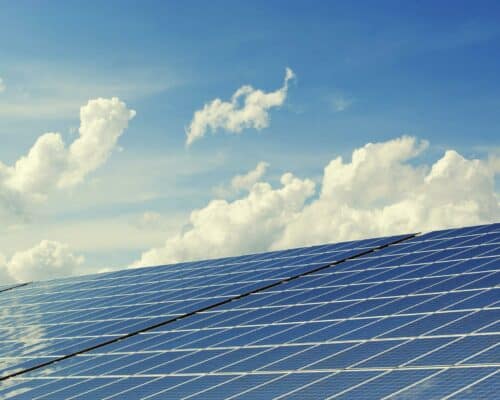
Are Carbon Emissions Decreasing?
The IEA finds that emissions are seeing a structural slowdown thanks to growing clean energy deployment. However, emissions are still rising, and the agency identifies developing Asia as the primary contributor to the persistently high CO2 emissions.
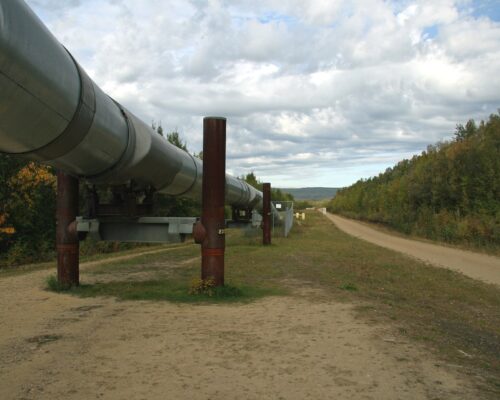
LNG Demand Decline in Japan To Cause Oversupply Through 2030
Considering the economic, environmental and energy security arguments, investing in new LNG capacity to accommodate the oversupply of Japan’s utilities instead of clean energy is a short-sighted, strategic misstep for developing Asia.
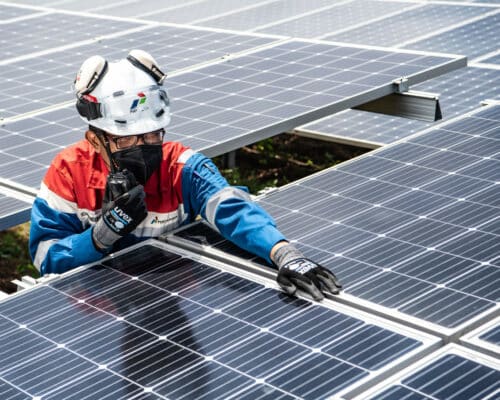
Indonesia’s NRE Bill Calls On Coal-based Energy Sources
Indonesia is still debating its New and Renewable Energy (NRE) Bill five years after its introduction. However, the draft bill includes coal derivative products, while the environmental stance of the country's newly elected president, Prabowo Subianto, remains problematic at best.
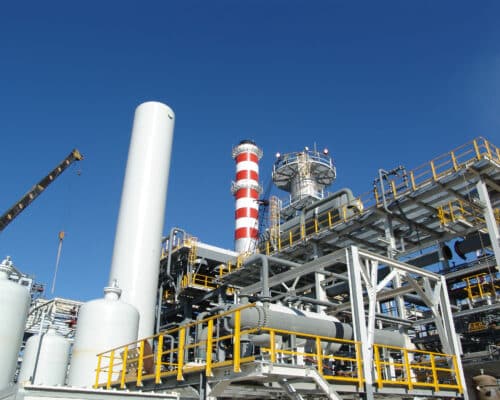
Low-carbon Hydrogen Is Dangerous: But Why?
Low-carbon hydrogen – made from natural gas with carbon capture and sequestration – is being pushed by fossil fuel companies and governments as necessary for the energy transition. Japan and South Korea have placed hydrogen, including low-carbon hydrogen, in the centre of their net-zero plans. However, the Environmental Defense Fund (EDF) has found that low-carbon hydrogen could be up to 50% worse for the climate than traditional fossil fuels.

Empowering Women to Front the Energy Transition in Asia
Vibhuti Garg, the South Asia Director at the Institute for Energy Economics and Financial Analysis (IEEFA), shares her views on a gender-inclusive clean energy sector and how women can be empowered to be at the forefront of India's energy transition.
Most Popular
Categories
-
10
-
35
-
126
-
4
-
17
-
46
-
52
-
11
-
10
-
15
-
24
-
6
-
1
-
5
-
6
-
285
-
200
-
17
-
24
-
1
-
1
-
23
-
41
-
44
-
88
-
18
-
86
-
41
-
17
-
11
-
43
-
54
-
86
-
299
-
22
-
44
-
36
-
11
-
42
-
36

